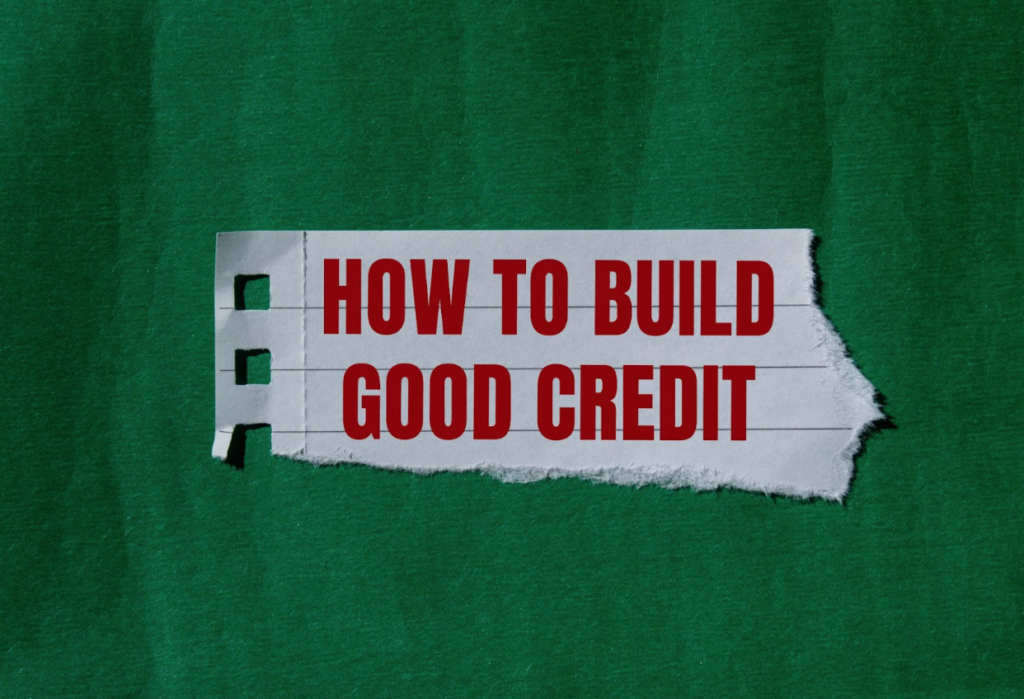
Whether you’re just starting or need to improve your score, I’ve got 10 actionable tips for you that will make the process clearer. Let’s break it down step by step.
1. Understand Credit-Scoring Factors
Credit scores can seem a little confusing at first, but here’s what you need to know: Your score is based on several factors like payment history, the age of your credit, the types of credit you have (credit mix), how much credit you’re using compared to your limits (credit utilization), and recent credit inquiries.
Relatable Tip: Think of your credit score as a reputation score with lenders. They use it to determine how reliable you are with paying back borrowed money. The better your score, the easier it is to get loans or credit cards with good terms.
2. Develop Good Credit Habits
Good credit habits go a long way in maintaining or building your credit score. Create a budget, make on-time payments, and avoid maxing out your credit cards. When you pay more than your minimum payment, you’ll avoid getting hit with high-interest charges.
Relatable Tip: Set reminders or automatic payments so you never miss a bill. Even one missed payment can drop your score significantly.
3. Apply for a Credit Card
If you don’t have much of a credit history, a starter credit card is one of the easiest ways to build credit. Look for cards designed for students or people with a limited credit history.
Relatable Tip: Only charge what you can afford to pay off every month. Using your credit card responsibly will build your score, but getting into debt can quickly drag it down.
4. Try a Secured Credit Card
A secured credit card requires a cash deposit as collateral, which makes it easier to get approved if you’re just starting or have bad credit. Over time, responsible use of a secured card will build your credit score.
Relatable Tip: Once you’ve shown that you can manage credit responsibly, many secured cards will let you “graduate” to a regular unsecured card.
5. Become an Authorized User
One way to build credit quickly is to become an authorized user on someone else’s credit card. If the primary cardholder has a good payment history, their positive credit behavior can help you build your own score.
Relatable Tip: Make sure the primary cardholder has a solid credit history. If they miss payments, it could hurt your score as well.
6. Use a Co-Signer
A co-signer can help you qualify for a loan or credit card if you’re having trouble getting approved on your own. However, this is a big responsibility for both you and the co-signer, as they’ll be on the hook if you can’t pay.
Relatable Tip: Only ask someone to co-sign if you’re sure you can make all the payments. It can affect their credit too!
7. Examine Your Credit Mix
Having a variety of credit accounts—such as credit cards, installment loans, and mortgages—can help improve your credit score. Credit mix accounts for about 10% of your credit score, so having a mix of accounts can show that you know how to manage different types of credit.
Relatable Tip: Don’t rush to open new accounts just to improve your credit mix. Focus on managing the accounts you already have well.
8. Apply for a Credit-Builder Loan
A credit-builder loan is a type of loan designed to help people build credit from scratch. Instead of receiving the loan money upfront, you make payments into a savings account, and the lender reports those payments to the credit bureaus.
Relatable Tip: This is especially helpful for people with no credit history because it gives you a chance to show lenders that you can make payments on time.
9. Make Timely Payments on Other Loans
If you already have existing loans, like a car loan or student loan, make sure you’re paying them on time. Late or missed payments can significantly impact your score. In fact, payment history is one of the biggest factors in your credit score.
Relatable Tip: Always keep track of your due dates. Even if you can’t pay the full amount, try to make the minimum payment on time to avoid penalties.
10. Add Rent or Utility Payments to Your Credit Report
Normally, your rent and utility payments don’t show up on your credit report. But services like Experian Boost can help you add these types of payments, which could boost your credit score if you’ve been paying them on time.
Relatable Tip: If you’re someone who always pays rent or bills on time but don’t have much credit history, this can be a great way to show lenders you
